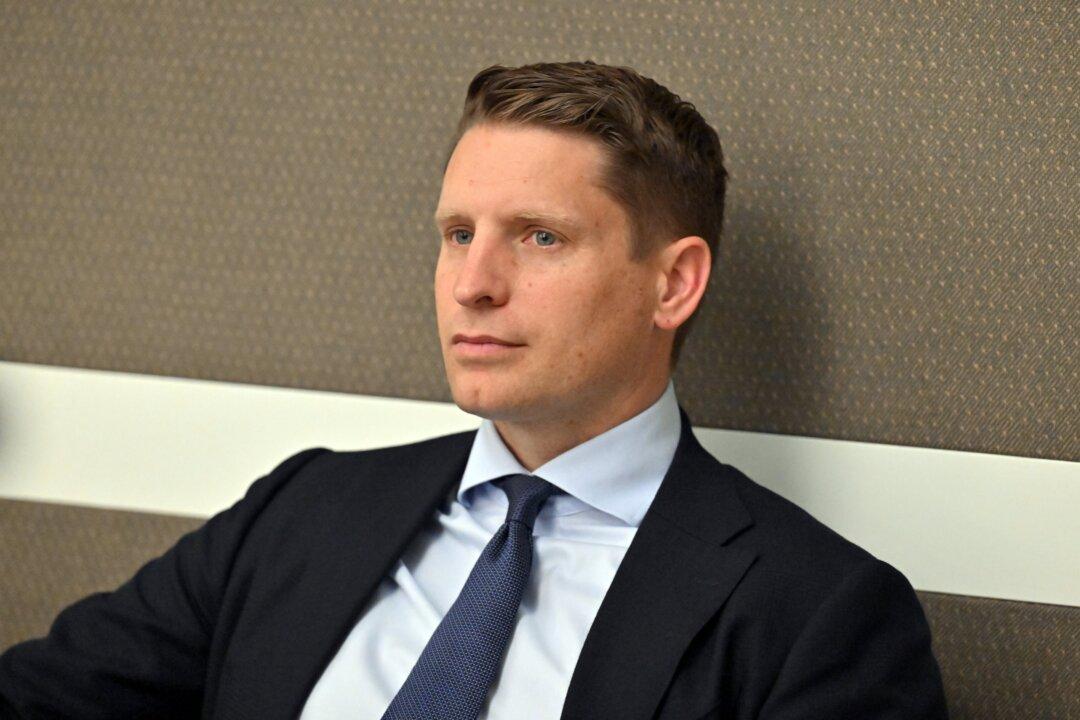One million Australians have now visited the nation’s government health insurance system’s urgent care clinics for “free” bulk-billed medical care funded by taxpayers.
Medicare’s Urgent Care Clinics aim to take pressure off busy hospital emergency departments by treating minor injuries and illnesses that do not require emergency room care.





